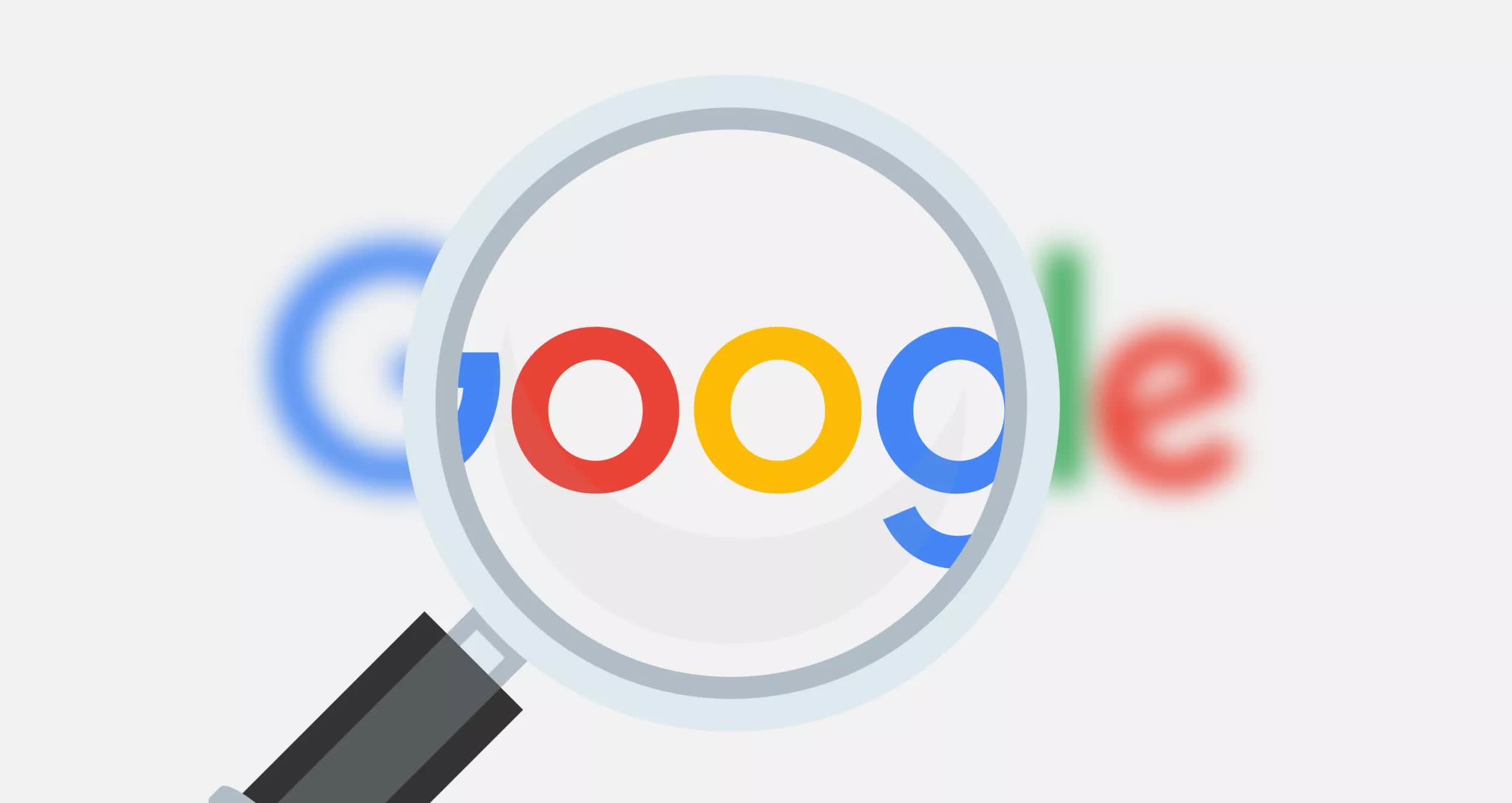TL;DR: Google has decided to ditch the continuous scroll experience for its search results pages on both desktop and mobile. On a desktop, users can no longer endlessly scroll through pages of results. Instead, they are greeted by the classic pagination bar at the bottom of the screen after the first set of listings.
The change marks a reversal for the tech giant, which first introduced continuous scrolling for mobile search in October 2021, followed by a desktop rollout in December 2022. But after just a couple of years, it's pulling the plug on the functionality across all platforms.
A Google spokesperson told Search Engine Land that the change allows them to serve search results faster instead of automatically loading results that users didn't explicitly request.
Another key factor, according to Google, was that continuous scrolling didn't significantly improve user satisfaction levels.
For desktop searches, the familiar "Next" button will now reappear at the bottom of the page after the first set of results. Mobile users, meanwhile, will once again see the "More results" button, which they'll need to tap to load additional pages.

The visual change itself is fairly subtle, but the implications could be more substantial – especially for websites that tend to rank towards the bottom of the first page or on page two of Google's results.
With users once again having to manually click or tap to see additional listings, fewer might venture beyond the first page. This could potentially mean less traffic for sites in those lower rankings.
Google has been making big changes to search to realize its AI ambitions. The company started widely testing AI-generated summaries of results in May and has continued their expansion, despite hallucination concerns. The pushback seemingly worked, as the search giant recently added a mode that strips results down to simple web links.
Additionally, Google has been tinkering with its AI overviews. Recent research from SE Ranking analyzed 100,000 keywords and found that while AI overviews are appearing less frequently now compared to January, the ones that do show are more detailed. The study suggests Google may be taking a measured approach to improve accuracy.
